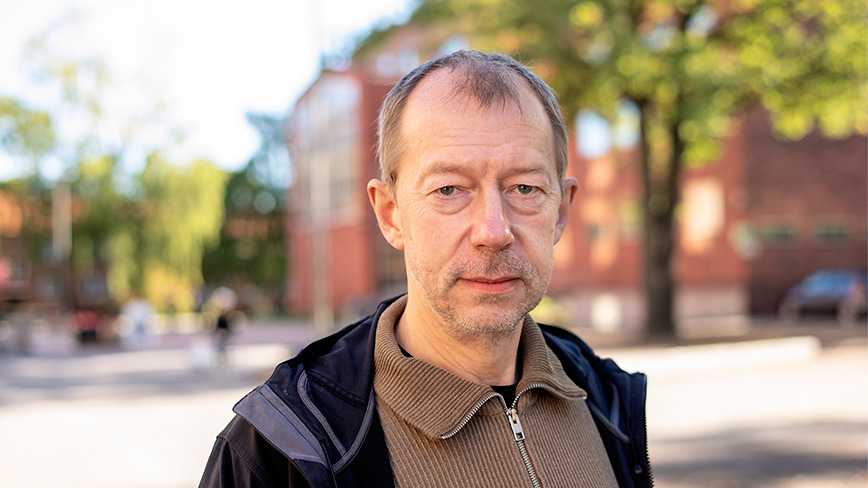”The money we got for the course was a positive surprise”

Olav Vahtras, professor in theoretical chemistry at CBH, gives the course Programming in Python as a Lifelong Learning course. With over a thousand applicants, it’s by far the most popular LL course at CBH. “Python is a beautiful programming language, easy to get started with,” he says.
How many times have you given this course?
– Next spring it will be the second time that I give this course as a Lifelong Learning course. This spring, I gave it together with the programme course. Now I won’t have to have a connection to chemistry and physics, I can keep it more general, with a slightly different setup.
Why did you want to give this course for professionals?
– When this was a programme course within the biotechnology programme, I got a lot of emails from other students who wanted to take the course. I also got inquiries from outside KTH, so I suggested that we should give it as a further education course within Lifelong Learning.
How come your course is so popular?
– Python is a good beginner’s language, easy to get started with, and to do interesting things with. It’s a beautiful language with a code that is easy to read. But it’s also used in big and advanced projects like data science and machine learning. Python is also used in the finance business instead of Excel. And it can be used for web programming.
Who takes your course?
– Many of those from outside KTH were students from other universities. But I’m thinking of adapting the course more for professionals in the future, with smaller modules and lectures and labs in the evenings.
How much work do you have to put into this course?
– I’ve given this course both for Ph.D. students and programme students in the past so when it comes to planning, I don’t have to put in so much extra time. You don’t have to reinvent the wheel – use parts of what you already have in your toolbox. Then I might want to renew or change some parts of the course when it’s just for people outside KTH, but otherwise that’s my advice – to give a programme course or part of a programme course as a Lifelong Learning course.
Are there any economic advantages?
– I know all schools have different economic models, but at CBH the money goes directly to the course’s examiner. I had no idea how much money it would mean, that was a very positive surprise. The money we receive for the Python course is about what you get for tutoring a Ph.D. student for four or five years. That goes back to the division, of course. Our salaries aren’t fully covered by KTH so we depend on external financing. More money in means we might be able to afford another Ph.D. student in the end.
Text: Åsa Karsberg
